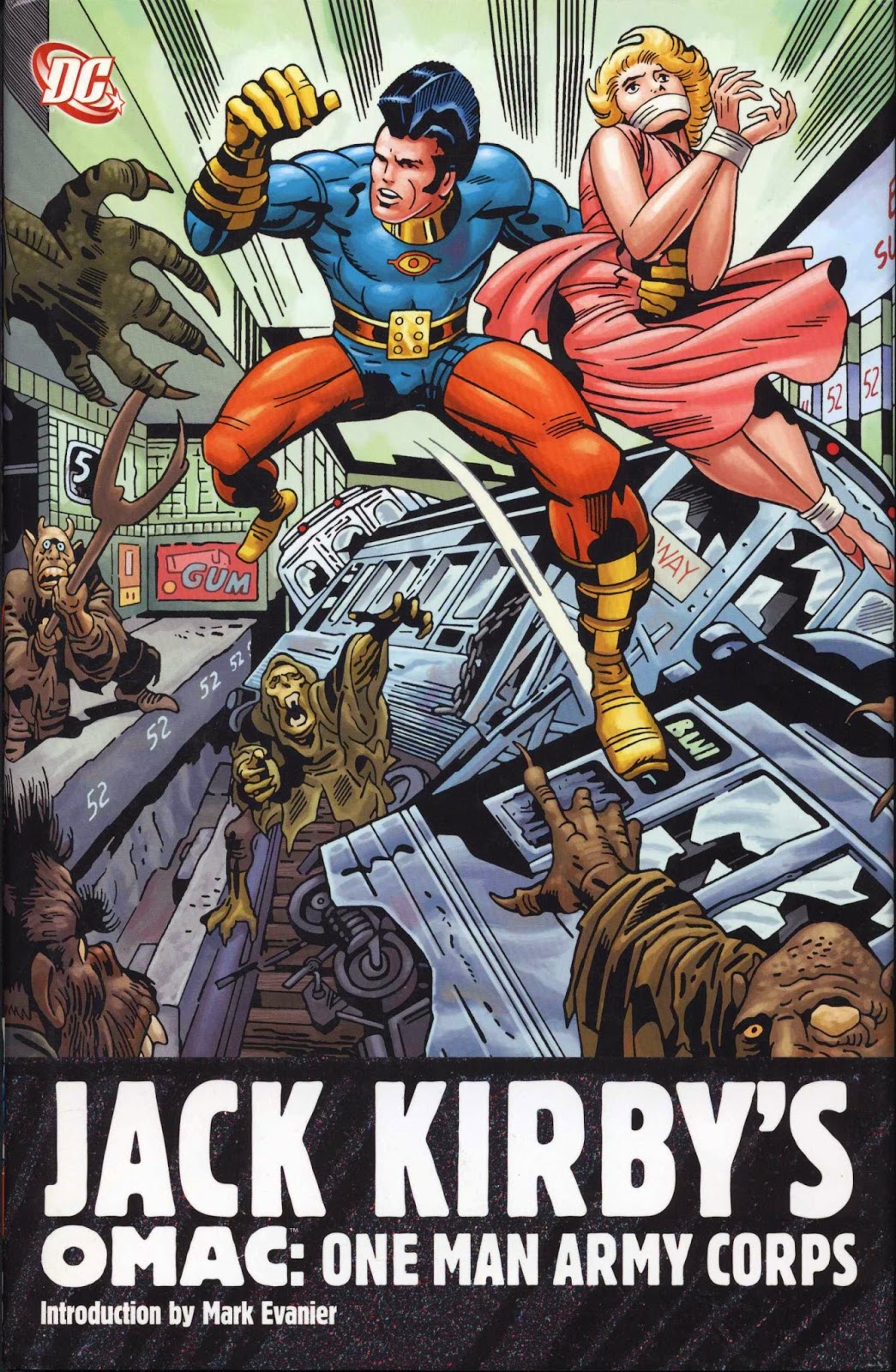Book Review: 'Twistor' by John Cramer
3 / 5 Stars
‘Twistor’ first was published in 1989; this Avon Nova paperback version (338 pp) was released in November, 1991. The cover artwork is by Keith Parkinson.
In his Acknowledgement, author John Cramer indicates that the book was born from his observation that quality ‘hard’ sf was hard to find. In response, a friend challenged him to in fact write a hard sf novel, and thus, the result is ‘Twistor’.
The novel is set in Seattle, at the University of Washington Physics Department (where Cramer is, in real life, a faculty member in the department). In the laboratory of experimental physicist Alan Saxon, David Harrison, a postdoc, is working on a project to create a superconductor apparatus that exploits a (fictional) ‘holospin’ wave phenomenon derived from condensed matter physics.
If it works, the holospin superconductor will be capable of storing, and transmitting, large amounts of holographic data, revolutionizing computing and communications.
What David doesn’t know is that Saxon’s startup company is deeply in debt to the shady Megalith Corporation and its CEO, Martin Pierce. Saxon – not the most moral of individuals – is trying to wrinkle more money from Megalith by vaguely hinting at the potential financial rewards that could be unleashed if the holospin superconductor experiment proves valid.
Blinded by his own arrogance, Saxon doesn’t realize that Megalith is using all manner of clandestine actions to penetrate his subterfuges, and is on the verge of learning the true status of the work going on in the laboratory. Megalith’s goal: sell the secrets of the holospin superconductor to the world market.
Events take an unexpected turn when David Harrison conducts a late-night experiment and discovers that the superconductor field is capable of opening a portal, or ‘twistor’, to an alternate universe. Aided by the stunning, red-headed graduate student Vickie Gordon, Harrison redesigns his apparatus to expand the portal apparatus to sufficient size to accommodate human beings. But instead of embarking on a carefully prepared and executed mission, circumstances see Harrison forced through the portal, and into a strange parallel Earth.
Even as Victoria and the other graduate students and staff in the Physics Department struggle to figure out what has happened to David, Megalith makes its own move to acquire the twistor technology. And the corporation is quite willing to using violence to achieve its ends.....
‘Twistor’ succeeds as a hard sf novel. Like another hard sf novel, Benford’s ‘Timescape’ (1980), the details of actually dealing with the nuts and bolts of experimental physics are clearly communicated: David Harrison and Victoria Gordon don't stand around in white lab coats inside a gleaming,movie-set-style laboratory where a small army of hired help does all the dirty work to the rows of high-tech massive instruments, leaving the physicists to manipulate a control console and utter learned remarks.
Rather, the postdocs and grad students spend much of their time tinkering and troubleshooting their home-built contraptions. They are are part electrical engineers, part programmers, part machinists, part electricians, and, arching over all these trades and tasks, physicists. Cramer makes clear that in academia, building an apparatus and getting it to work is only a part of the larger scheme of dealing with the need to apply for, and obtain, funding to support all the activities that take place in the laboratory.
‘Twistor’ does have its weaknesses. The book is too long by about 30 – 40 pages; better editing would have seen the elimination of a cutesy sub-plot, involving a fairy tale, that serves more as filler than a vital component of the narrative.
There also are too many passages that awkwardly explore the personal interactions among the main characters; one gets the impression that the author was advised to include these in an effort to inject ‘human interest’ into the novel, lest it become a predictably dry recitation of scientific activities. And the novel closes by invoking the standard-issue trope that only Knowledge Shared can liberate Humanity from its conflicts and close-mindedness; a less Pollyanna-ish attitude would have lent the book the darker, grittier edge it needs to really stand out.
If you’re a fan of hard sf, or if you’re someone who remembers doing experimental physics research back in the day when MacSE computers, VAX terminals, and BitNet were new and exciting, then ‘Twistor’ is worth picking up.
1986 Signet Asimov Greenberg Waugh
3 hours ago






















































































